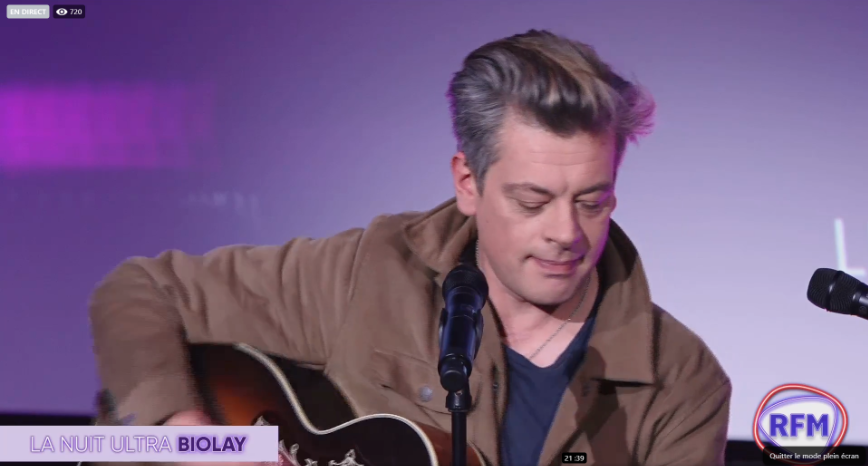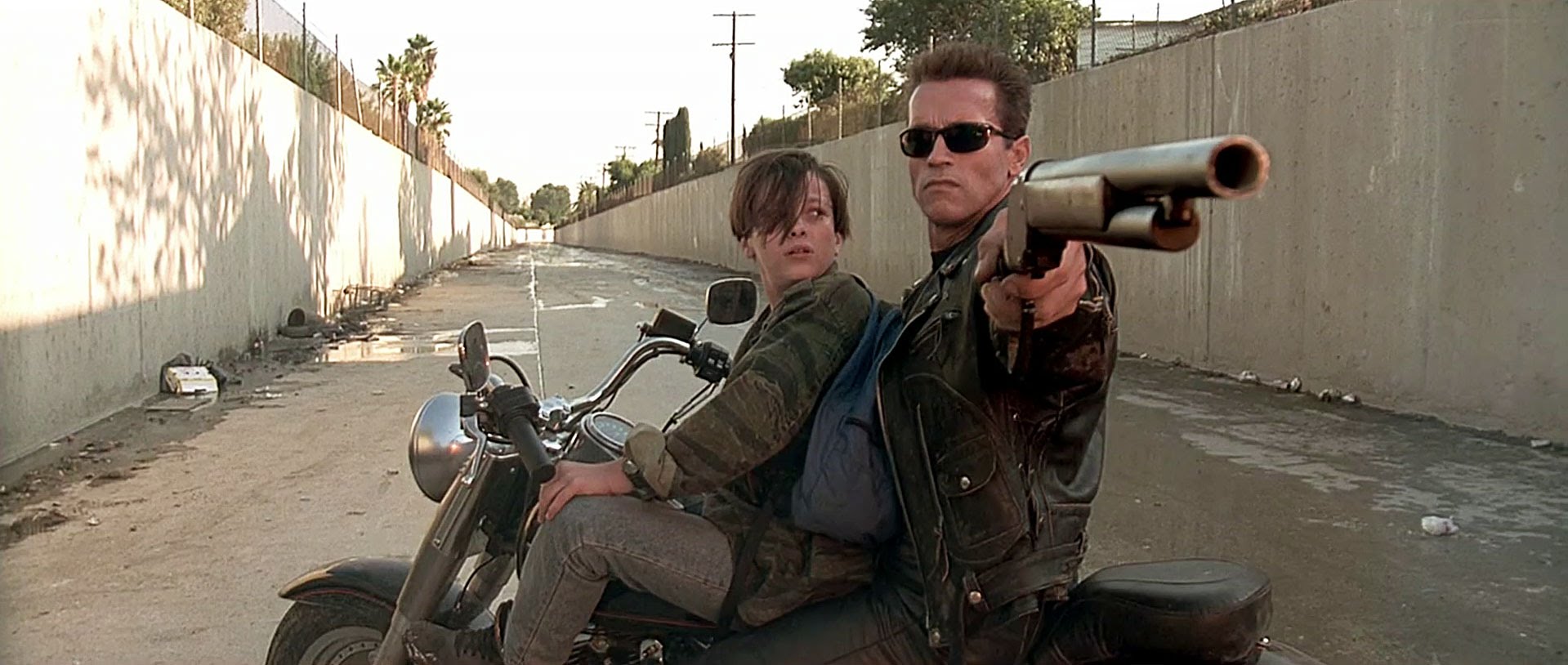Signed to the prestigious RCA label on their second album, the British band Everything Everything returns to deliver one of the most refreshing records of the summer. A kind of apotheosis of the Pop / Art-rock mixture, which the quartet likes to work on for a decade.
The training carried by Jonathan Higgs had to plot something big. Two years after the very forgettable Get to Heaven, the band badly needed to reconnect with the unpredictability that has characterized it since its first musical effort. The counters are reset, to put it mildly. A Fever Dream is an indispensable link in the Everything Everything chain.
At Fever Dream, it is above all a science of layout. We gladly forgive the band for reaching the Godwin point from the introductory title of their fourth album. Night Of The Long Knives slaps Pop without having the decency to prepare the epidermis. Jonathan Higgs' high-pitched timbre has lost none of its power, and constantly oscillates between the irritating side of lyrical flights and the beauty of majestically written lyrics.
And since the voice of its leader is one of its biggest assets, the group wears it out; experiments with it. The most virtuoso instruments of the formation, the notes that come out of Jonathan Higgs' mouth officiate like so many conductors responsible for guiding strings and drums. It is not the choruses of Can't Do and Desire (the two singles of the album) that will contradict this observation. A gimmick, therefore, which can also scare away the less sensitive to high-pitched voices.
Summer fever
Moreover, A Fever Dream inevitably corrects the mistakes of its predecessor. Unwieldy and crazy, Get to Heaven nevertheless had for him a science of inconstancy and experimentation. EvEv's fourth album is the antithesis of this. Formally coherent, the titles find their kinship in what they have surprising and irremediably instantaneous. We are facing a worked and complex Pop. Nothing is free with the British quartet. And if they say they were inspired by big names such as Radiohead, the Beatles and Nirvana for the composition of this album, we only remember the strong musical identity that the group begins to forge.
Especially thanks to songs with a welcome duality, like Big Game. The crash of the percussion of his introduction cannot prefigure the sensitivity of his chorus. This one, again, can not augur the explosion of the last third of the song. Good Shot, Good Soldier is also a glaring example, with its chorus that we wish it never stopped.
Solid and well constructed album, some apples nevertheless fall too far from the tree. Run The Numbers misses its target, the fault of a garish chorus that should be used for the formation of referential-skull-ache. An outburst of Rock, which if it is not of ill will, hardly finds its place in the middle of pieces with more proven subtlety. Because if Everything Everything wallows when it bombs the torso, the band excels when it comes to pouring its heart on music paper, as evidenced by Put Me Together.
We will not find a false note in the last quarter of the album. The amazing eponymous title tells us that the band is able to give us chills by doing House. Ivory Tower tetanizes us with its chorus chanted at the top of our lungs. New Deep, interlude, reveals sound design skills that we did not suspect in the quartet. Science of layout, I wrote above: White Whale is the latest example, and closes with a famous orchestration what will probably become the best album of Everything Everything.
Pierre Crochart

































![[Live Report] Rock En Seine 2024 : 20 ans et toujours aussi passionnés !](https://www.justfocus.fr/wp-content/uploads/2024/11/RES24_JOUR01_LANA-DEL-REY_LOUIS-COMAR-12.jpg)





